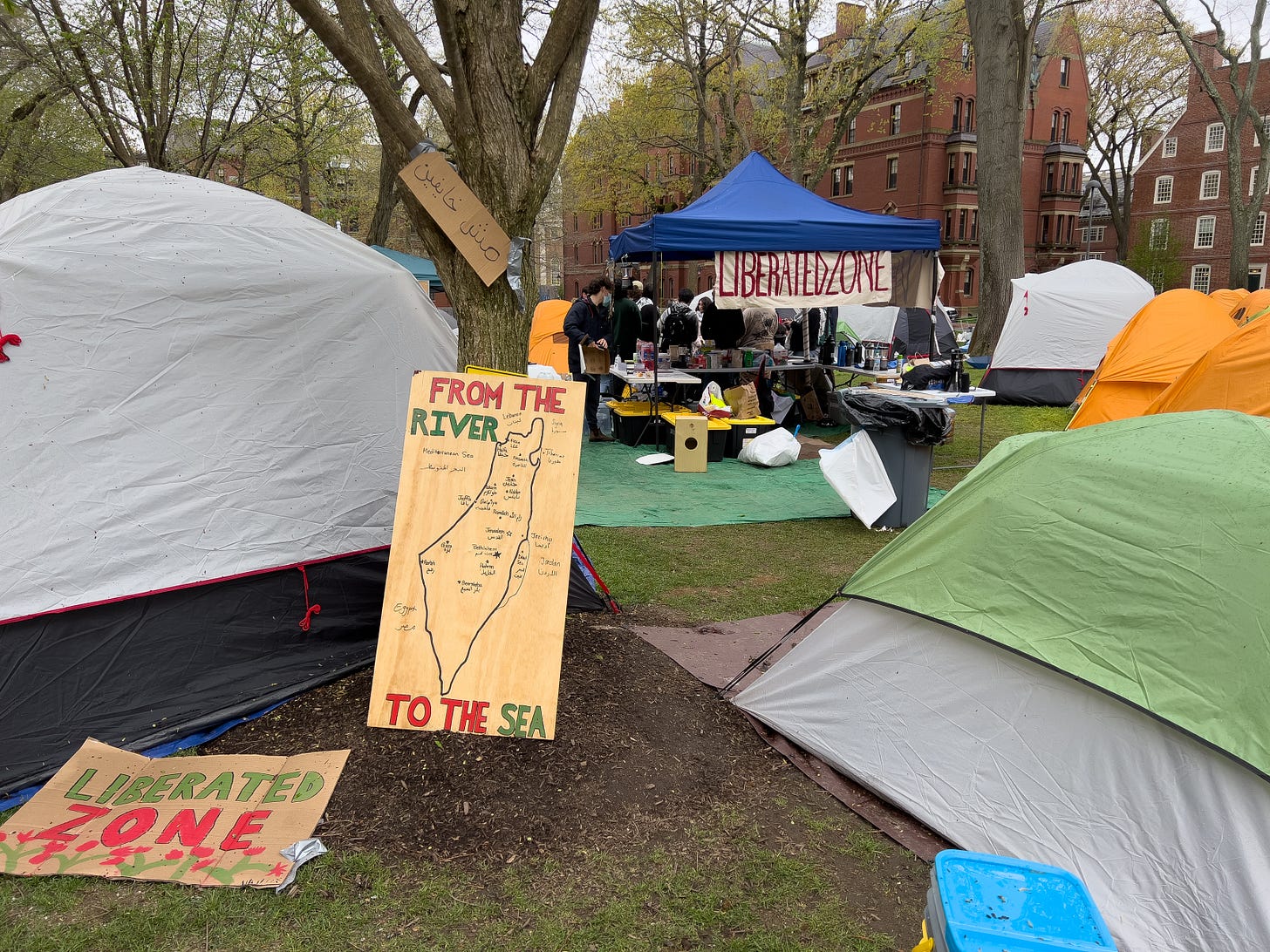One-time Boston parking lot mogul eyes deal for TikTok | Appeasing the campus crazies | Cambridge offers blueprint for killing new housing | Nantucket mansion broker pleads for tax on luxury real estate | Jimmy Kimmel, truth teller | Mass. parents up in arms over kids who can’t read |
News tips? Story ideas? Email us at sbvanvoorhis@hotmail.com
Flawed model? The Wu administration’s centerpiece affordable housing push has failed miserably elsewhere, including in Boston’s neighbor across the Charles
Cambridge has some of the world’s highest rents and prices, so the new affordable housing law was nothing short of a crowd pleaser.
The 2017 law mandated that 20 percent of every new Cambridge apartment and condo building be affordable to the renter or buyer of modest means.
“Monumental” was how Vice Mayor Marc McGovern described the City Council’s unanimous vote at the time.
Seven years later, McGovern is now questioning whether changes to the law are needed, and for good reason: new housing construction has slowed to a trickle in Cambridge, even as it has gotten even more expensive to live in a city where booming life sciences companies have become a magnet for high-priced talent.
“We have a housing crisis,” McGovern told Contrarian Boston, noting the impact on everyone from the homeless to those making up to $120,000. “It’s a huge segment of our population.”
Yet news of Cambridge’s second thoughts apparently haven’t reached Boston City Hall.
Mayor Michelle Wu still plans to move ahead come October with the city’s 20 percent affordability mandate, up from 13 percent now, a spokesperson confirmed.
The new law passed last year but has been delayed due to challenges for housing developers in getting projects off the ground.
If anything, those challenges have gotten worse, with Boston developers warning that the 20 percent affordability bar is too high to clear at time when financing for new projects is tight.
It certainly seems to have had that impact in Cambridge. Over the past seven years, the city of 120,000 has added just 837 new apartments and condos, according to a recent report by city officials.
Of these, just 157 were affordable, below-market-rate units. That’s compared to the roughly 943 affordable units built in the 19 years before the requirements were hiked in 2017.
Yet trying to reduce the 20 percent affordability standard now that it’s law in Cambridge could prove to challenging politically, to say the least.
For his part, McGovern, the city’s vice mayor and city councilor, said he’s leaning towards finding other ways to make the standard work, such as letting developers build taller apartment and condo projects.
Nor is it just Cambridge where the second guessing is happening. Last year San Francisco slashed the required percentage of affordable units in new apartment and condo buildings from over 20 percent down to 12 to 16 percent.
That decision also came in response to a big drop off in housing development.
There are certainly some lessons in all this for Boston, where the number of new housing units under construction has already plunged, even before the 20 percent standard kicks in. After all, Wu’s chief financial officer was previously the budget chief for San Francisco’s mayor.
But also seems pretty clear that Wu and her advisors have made up their minds, the facts be damned.
Too little, too late: In delaying action on campus encampments and threats, local universities may have made a bad situation worse
The encampments are gone, but questions remain as to why local colleges and universities spent so long trying to placate radical student protestors and activists before taking effective action.
At the Harvard encampment, where a sign with the antisemitic slogan “From The River To The Sea” was on prominent display, students finally packed it in on Tuesday.
The Harvard students cited an agreement they had reached with university administrators - quite an interesting claim, given the decision to decamp came just a few days after suspension letters had begun to arrive.
All just one big coincidence, we guess.
Robert Leikind, regional director of the New England chapter of the American Jewish Committee, told Contrarian Boston that local colleges and universities should have taken firm action much earlier than they did.
Keep reading with a 7-day free trial
Subscribe to Contrarian Boston to keep reading this post and get 7 days of free access to the full post archives.






